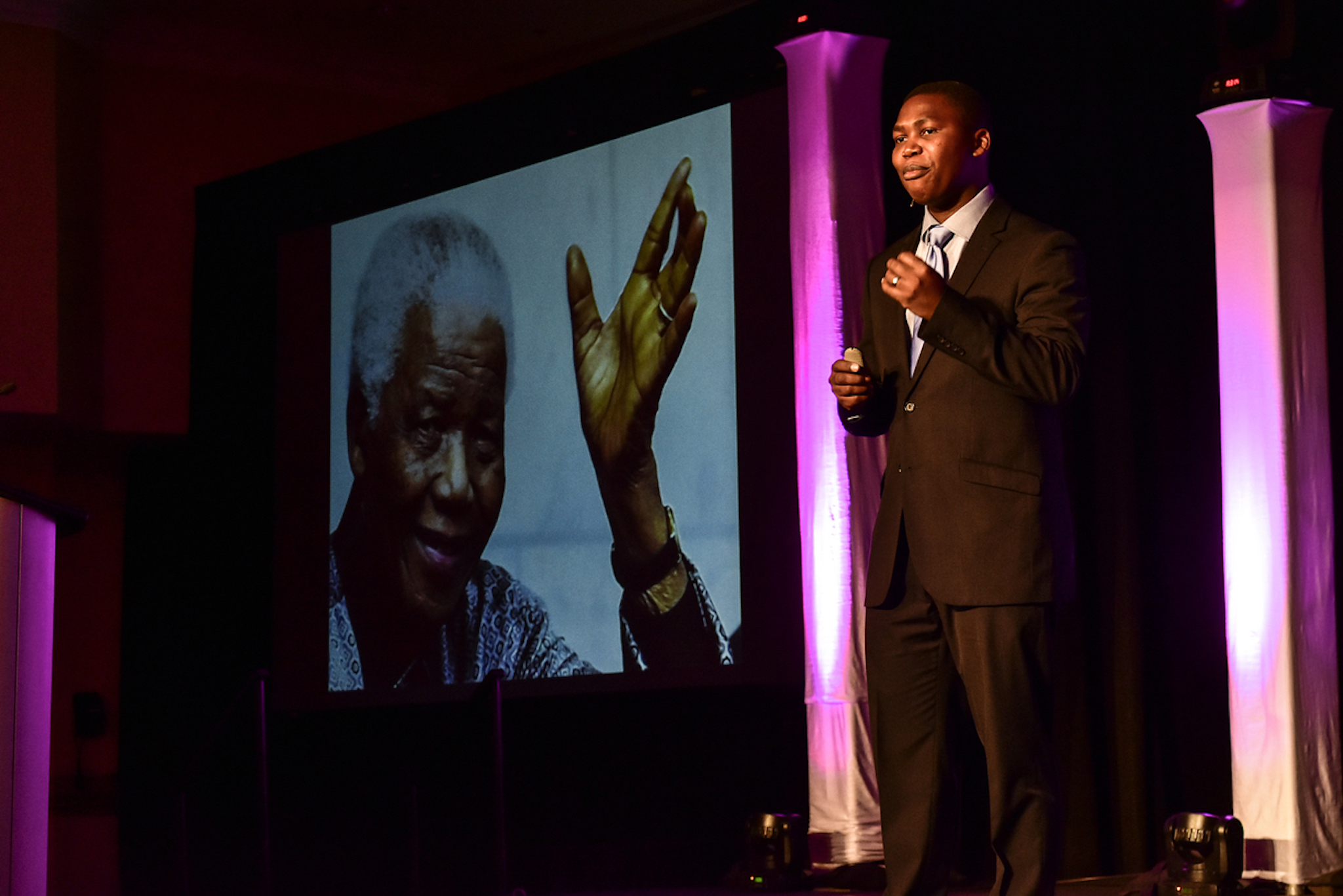On 18 July we celebrate and commemorate the legacy and service of Nelson Mandela’s leadership with an International Nelson Mandela Day. People all over the world are encouraged to spend 67 minutes (for the 67 years of Mandela’s active service) in service to their communities in one way or another. People do this in different ways from fundraising for worthy causes, to cleaning up public places and painting children’s homes. It is a legacy of what happens when one person, one leader commits him or herself to leading and changing the world. Because he led courageously, generations of leaders are inspired to follow his example.
As I reflect on Mandela’s leadership now in 2017, I am left wondering if leadership matters anymore. Many have claimed that we are now living in a ‘post’ era, where we are essentially post most things. Post-apartheid, post-coldwar, post-worldwars, and so on it goes. The things that required single strong, visionary leaders who would be the focal point of movements and transformation is now behind us, or so the logic goes. We are now living in an era of self-leadership and collective-leadership. There is no need for one person to be “The Leader” because now we are all leaders.
This idea resonates a lot with the millennial and subsequent generation, raised on the idea that everyone is special (which they are) and that there are no winners and losers as long as we all get to participate. The other reason the idea of ‘post-leadership’ resonates is that we are now living in the share-economy, which has a levelling effect to it – all of us can be taxi-drivers and hotel-owners – no need to train for that!

And so movements of this decade have been different. From the Arab Spring, Tea-Party, Black Lives Matter, to the Women’s March. The idea is the same, we don’t need one ‘special-leader’ because we are all leaders. We don’t need a fixed structure because the internet gives all of us an equal platform. The movements have been powerfully driven by a core idea, and mostly the frustration with the status-quo. They generate great awareness and in some places provide an opportunity for others to manipulate them to their political ends; as in the Arab Spring. But whether they create lasting change remains to be seen.
It was precisely this rejection of the leadership class that led to a tremendous shake up across the western world in 2016. From Brexit to Trump, the script was the same, reject traditional leadership and their failed solutions and be part of a shakeup movement. The challenge with this reaction is that after you have made your point, you have to live with the consequences of your choices. This is why ultimately leadership matters, because leadership is more than just ideas or voicing frustration, it is so much more. I will tackle one aspect at a time and for this article I will focus on this one:
Leadership is about principle more than popularity.
The world needs leadership, because ultimately, principles are more important than popularity. This is why not every celebrity should be mistaken for a leader. Granted, popularity is very important if a leader is to have influence and change things. But popularity in itself is not the whole story. Mandela is a great example of this, time and time again he went against the popular sentiment to pursue a principle that would ultimately be better for the masses. As a leader he was very clear about the principle that guided his life and decisions.
“Nelson Mandela is a man of principle – exactly one: Equal rights for all, regardless of race, class, or gender. Pretty much everything else is a tactic.” – Richard Stengel (Nelson Mandela Portrait of an Extraordinary Man)
It was Nelson Mandela’s core principle that made him a great leader, who brought about lasting change for his country and people. True Leadership requires one to have unshakeable principle/s and not merely about the position or how many people like or agree with you. When many in the then newly freed ANC wanted to pursue policies and strategies that would seek to alienate the white South Africans who had benefitted from the racist apartheid regime, Mandela and other leaders like him put their foot down. Effectively saying ‘we didn’t struggle to fight an unjust, unequal system only to do the same when in power.’ This was revolutionary, yet really standard for true leadership – without a core principle movements are taken in every direction, depending on what is the most common sentiment at the time.
This is why leadership is important because the role of true leadership is, above everything else, to defend and protect core principle and provide direction. When populists leaders are given the platform, all they care about is how many people are on their side, worse still is that you never really know what it is that they stand for. Ultimately, without principle leaders are only in it for themselves and what they can get out of it.
Our world today is in dire need of principled leadership. But our challenge is that many believe that the time of strong leaders belongs in the past. Nothing could be further from the truth. Leadership Matters! When principled leaders do not rise up, the populist, self-focused celebrities will fill the vacuum, creating confusion and a lack of direction. #LeadershipMatters


